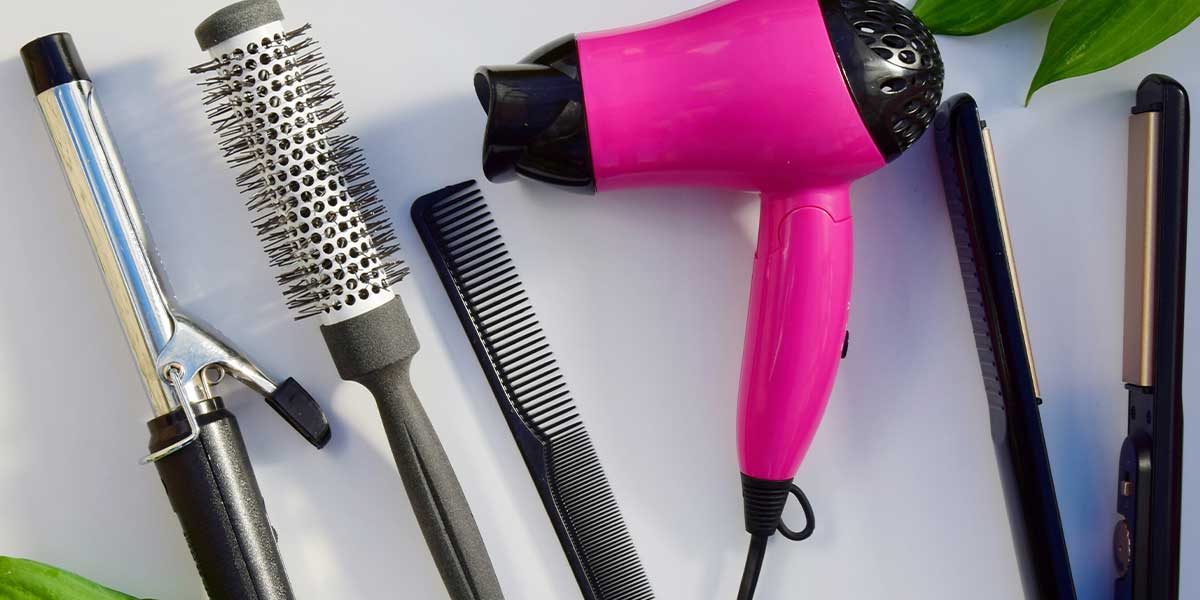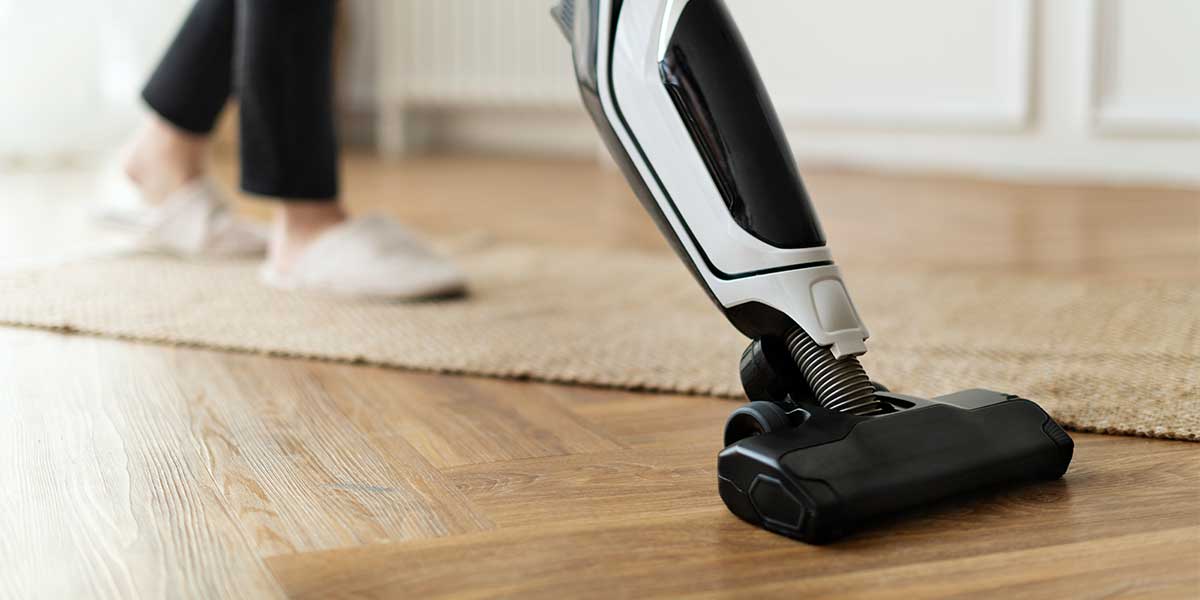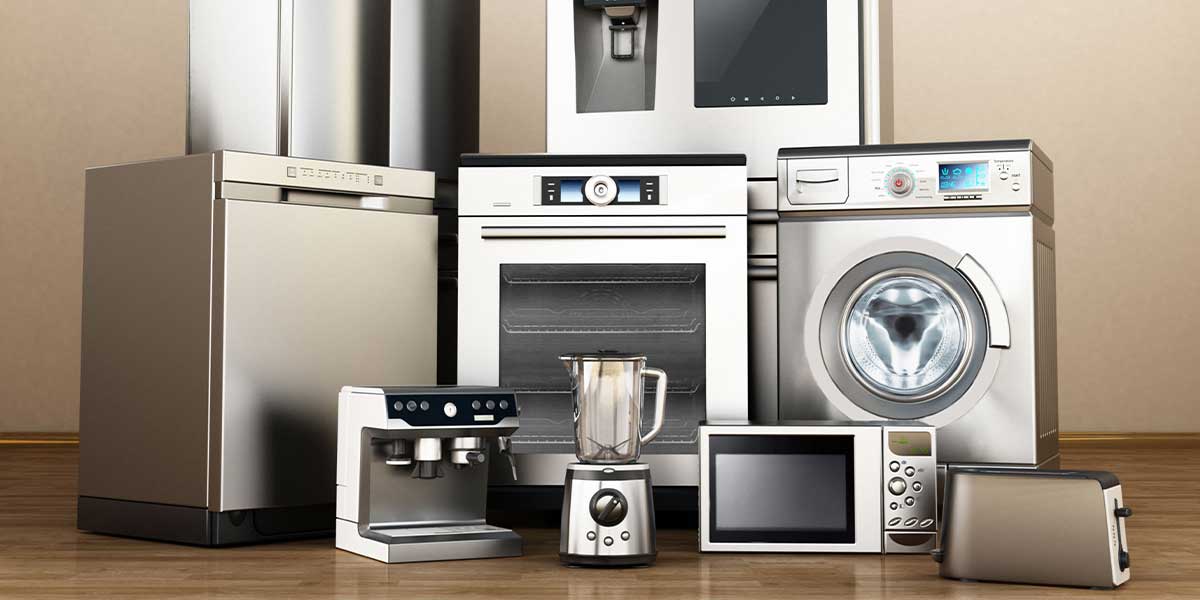Have you ever plugged in or turned on a device, only to have the lights flicker and your circuit breaker trip almost instantly? It’s a frustrating experience, but it’s also your electrical system doing exactly what it’s supposed to do, protect your home from overloads and potential hazards. At Expert Electric, we know that understanding the appliances that can trip your circuit breaker can help you prevent repeated outages and keep your home safe.
Whether you live in a brand-new build or an older home with an aging electrical panel, it’s important to know which household items are most likely to cause issues. This guide will walk you through the most common culprits, explain why they trip breakers, and offer solutions to prevent future electrical headaches.
Why Circuit Breakers Trip
Before diving into the specific appliances that can trip your circuit breaker, let’s cover the basics. A circuit breaker is essentially a safety switch. When too much electrical current flows through a circuit, the breaker “trips” or shuts off power to prevent overheating and potential fire hazards.
There are a few common reasons for tripped breakers:
-
Circuit Overload – Too many appliances drawing power from the same circuit.
-
Short Circuit – A hot wire touches a neutral wire, creating a sudden surge of current.
-
Ground Fault – Current escapes the intended path and flows into the ground, often detected by GFCI outlets.
Understanding these causes can help you diagnose whether the problem is your appliance, your wiring, or your electrical panel.

Appliances That Can Trip Your Circuit Breaker
Here’s a breakdown of the appliances most likely to overload your system and how to manage them.
1. Hair Dryers, Flat Irons, and Curling Irons
Hair styling tools are small but mighty. Devices like hair dryers, curling irons, and flat irons can draw 1,200 to 1,875 watts of power, all within a few minutes of use. That’s a big demand for a single outlet, especially in bathrooms where multiple outlets may share the same circuit.
Why they trip breakers:
-
They generate intense heat quickly.
-
They’re often plugged into GFCI outlets that are designed to trip at the first sign of imbalance.
Prevention tips:
-
Use only one heat-based styling tool at a time.
-
Unplug devices when not in use.
-
Consider adding a dedicated bathroom circuit if trips are frequent.
2. Fans and Portable Air Conditioners
When summer heat rolls in, most homeowners reach for fans or portable air conditioners. While a single tower fan isn’t a big deal, running multiple units across several rooms can overload circuits quickly. Portable air conditioners, in particular, can draw 1,000–1,200 watts, which is similar to a microwave or space heater.
Why they trip breakers:
-
Simultaneous use of multiple fans or AC units on one circuit.
-
Older wiring may not support higher loads.
Prevention tips:
-
Only run fans in rooms that are occupied.
-
Avoid plugging portable air conditioners into extension cords.
-
Spread out usage across different circuits if possible.
3. Old Refrigerators
Modern refrigerators are far more energy efficient than older models. A refrigerator from the early 2000s or earlier could consume up to twice as much energy as today’s ENERGY STAR® models. Older units often cycle on and off more aggressively, pulling large bursts of electricity.
Why they trip breakers:
-
High startup wattage (the compressor uses a surge of power to kick on).
-
Continuous demand during hot weather.
Prevention tips:
-
Replace refrigerators older than 15–20 years.
-
Avoid plugging other high-demand appliances into the same circuit.
-
Schedule regular electrical maintenance to ensure your panel is up to the task.
4. Vacuum Cleaners
Vacuum cleaners are another surprisingly power-hungry device. Many upright and canister models can draw between 600–1,200 watts. If your vacuum shares a circuit with televisions, computers, or lamps, it’s easy to trip the breaker.
Why they trip breakers:
-
High wattage combined with other active appliances.
-
Potential wiring or outlet issues on older circuits.
Prevention tips:
-
Plug vacuums into different outlets around your home.
-
Avoid vacuuming while other large appliances are running.
-
If trips persist, have a licensed electrician test the breaker and wiring.
5. Microwaves and Toaster Ovens
These kitchen staples often trip breakers because they produce high heat quickly. Microwaves can consume 600–1,200 watts, while toaster ovens often exceed 1,500 watts. In small kitchens, these appliances frequently share a circuit with refrigerators or dishwashers, which compounds the problem.
Prevention tips:
-
Avoid running multiple kitchen appliances simultaneously.
-
Consider installing a dedicated kitchen circuit.
6. Space Heaters
Portable space heaters are notorious breaker trippers. They can consume up to 1,500 watts, and because they run continuously in cold weather, they easily overload circuits.
Prevention tips:
-
Only run one heater per circuit.
-
Upgrade to energy-efficient models with safety shutoffs.
-
Never plug a space heater into a power strip.
7. Washing Machines and Dryers
Laundry appliances are among the highest-demand items in your home. Washers can draw 500–1,500 watts, while dryers use 1,800–5,000 watts depending on the type. Using them together on an older panel often leads to tripped breakers.
Prevention tips:
-
Ensure washers and dryers are on separate dedicated circuits.
-
Have an electrician upgrade wiring for older laundry rooms.
8. Dishwashers
Dishwashers use both heating elements and motors, which create variable loads. On startup, they can draw significant power, causing circuits to overload.
Prevention tips:
-
Avoid running your dishwasher while other high-power appliances are in use.
-
Schedule electrical inspections to confirm your kitchen circuits are adequate.

What to Do if Your Circuit Breaker Keeps Tripping
If you’ve identified the appliances that can trip your circuit breaker but the issue persists, it’s time to take a closer look.
-
Test the Appliance in Different Outlets – If the same breaker trips repeatedly, the issue may be the circuit, not the appliance.
-
Check for Overloaded Circuits – Unplug devices that are not in use.
-
Inspect for Wiring Issues – Older homes may have outdated wiring that can’t handle today’s appliances.
-
Call a Professional – Licensed electricians, like the team at Expert Electric, can diagnose whether you need a breaker replacement, wiring repair, or a panel upgrade.
FAQs About Appliances That Can Trip Your Circuit Breaker
Q: Why do older homes experience breaker trips more often?
A: Older homes typically have outdated wiring and panels that weren’t designed to handle the power demands of modern appliances. Upgrading your panel can resolve frequent trips.
Q: Can I replace a breaker myself?
A: It’s not recommended. Electrical work should always be performed by a licensed professional to avoid safety hazards.
Q: Are smart appliances less likely to trip breakers?
A: In many cases, yes. Modern smart appliances are designed to be energy-efficient, which reduces the risk of overloading your circuits.
Q: How do I know if I need an electrical panel upgrade?
A: If your breakers trip frequently, your lights flicker, or your appliances underperform, it’s time to have your panel evaluated.
Final Thought
Tripped breakers are a nuisance, but they’re also a vital safety feature. By understanding the appliances that can trip your circuit breaker, you can take steps to prevent overloads, protect your wiring, and keep your home running smoothly.
Understanding which appliances trip breakers is only half the battle. Equally important is knowing how to use them safely. According to Better Homes & Gardens, common household items like microwaves and space heaters should always be on their own circuits to prevent overloads and protect your home.
At Expert Electric, we specialize in diagnosing and solving electrical issues for homeowners across British Columbia. Whether you need a panel upgrade, dedicated circuits for heavy appliances, or a full-home inspection, our licensed electricians are here to help.
Contact Expert Electric
📞 Call Us: 604-681-8338
📧 Email Us: info@expertelectric.ca
Trust Expert Electric for all your residential and commercial electrical needs.


